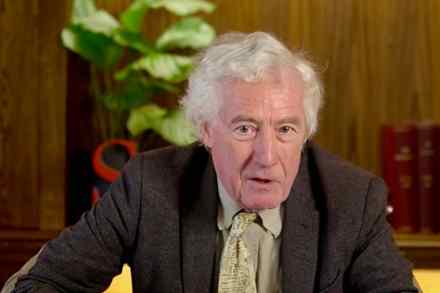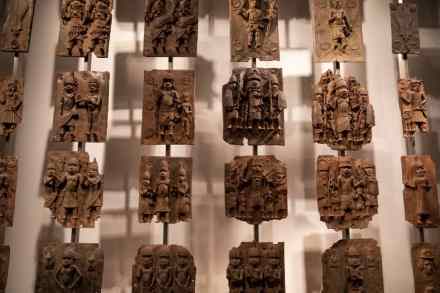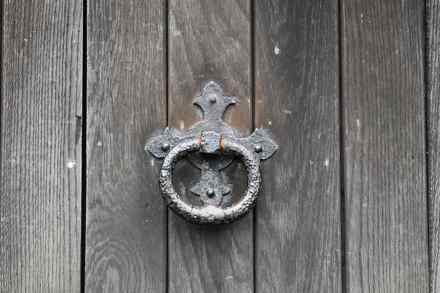Britain’s abortion debate is horrendously one-sided
Notice anything about the coverage of the new Texas abortion law in Britain? I mean, quite apart from the fact that we’re obsessing about it in a way that confirms that culturally, Britain is more or less an offshore US state (the US is another country, no?). But on the actual issue, Texas has changed its abortion law to ban the procedure if there is ‘a detectable fetal heartbeat’ — in effect, after six weeks. The US Supreme Court has just upheld this in a very tight 5-4 vote. The justices are also due to hear an appeal against a 2018 Mississippi law that bans abortions after 15 weeks. South





















